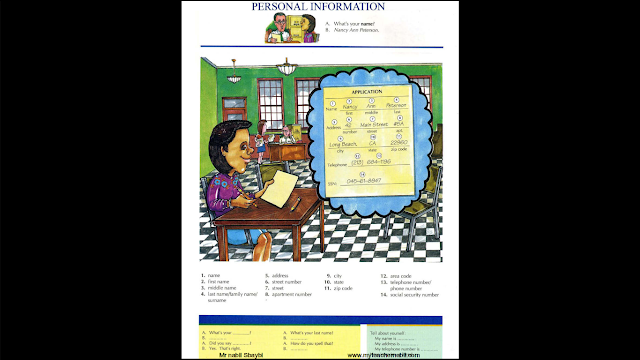Expressions to introduce a subject.
Vocabulary
Lecture
Sure, you don’t want to sound like you’re talking to yourself–but you don’t have to. To figure out how to do it well, look no further than some of the most powerful public speakers alive right now. Here’s a look at three popular TED Talks that each highlight a different way to incorporate dialogue into your presentation.
One of the reasons dialogue is powerful is because it makes you sound more conversational. When you get into “speech mode,” you tend to go on and on in long, complex sentences. That can happen even when you stop declaring things and start telling a story; your words may be different, but your sentences all sound the same. But when you tell stories with dialogue, you disrupt this pattern. Your sentences are ever-changing and unique, and your narrative becomes much more engaging.
Dialogue can be powerful for another reason, too: when we’re conveying what other people said, our own faces express their feelings in addition to their words. Having been a theater director for many years, I’ve seen the joy actors experience when they’re playing a role—it’s a feeling of liberation. Through performance, paradoxically enough, they feel freer to express themselves. By telling a story with compelling dialogue, you too can get into a role.
Finally, dialogue helps you show, not tell. When you describe an event, something that
happened to you, you have to resist the tendency to give your audience the
Reader’s Digest version of what happened. No dry summaries! Take your audience right back to that experience with you. That’s the point of storytelling in the first place: You create an opportunity to share in the moment as though you were all there.






Comments
Post a Comment